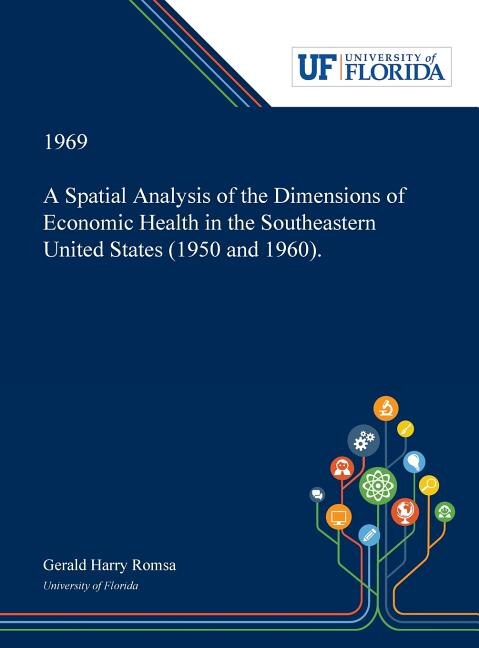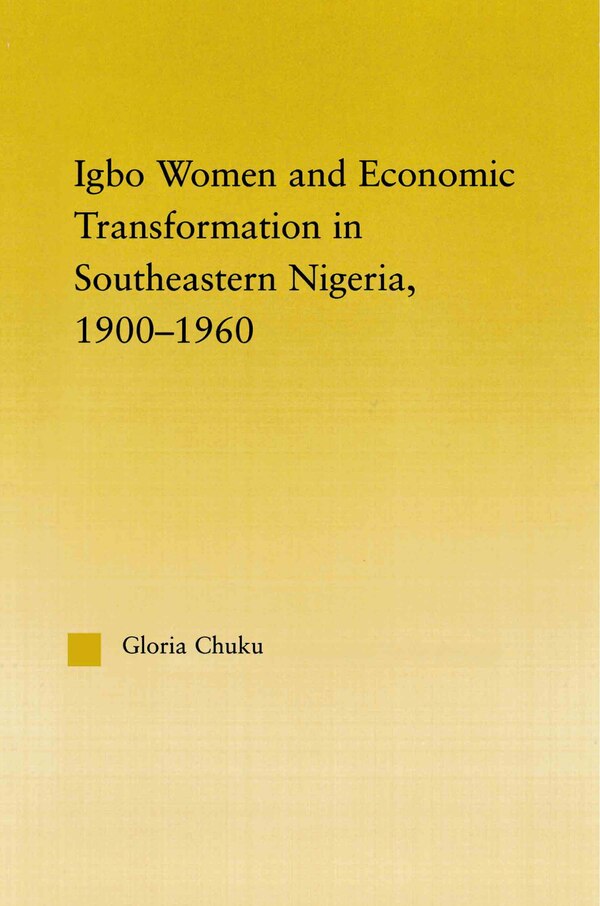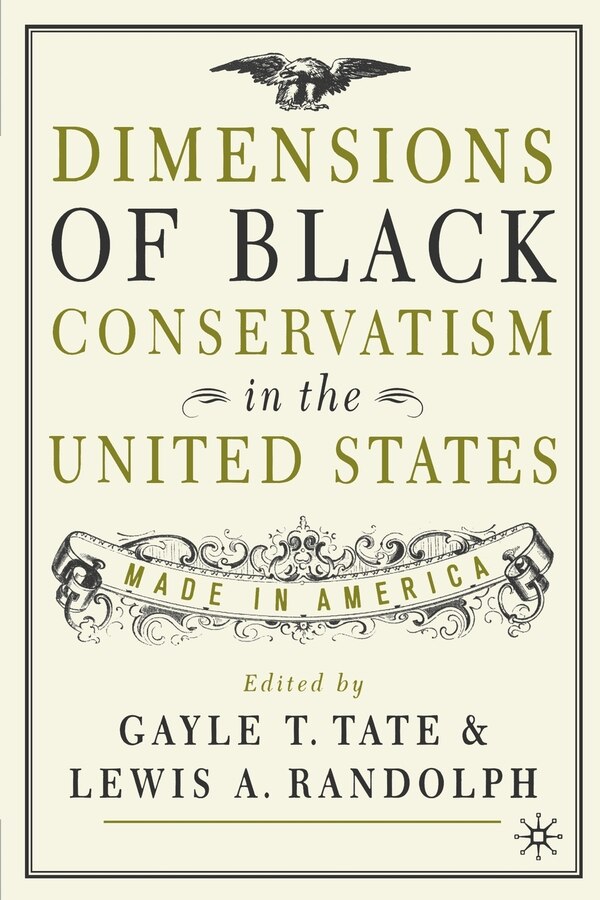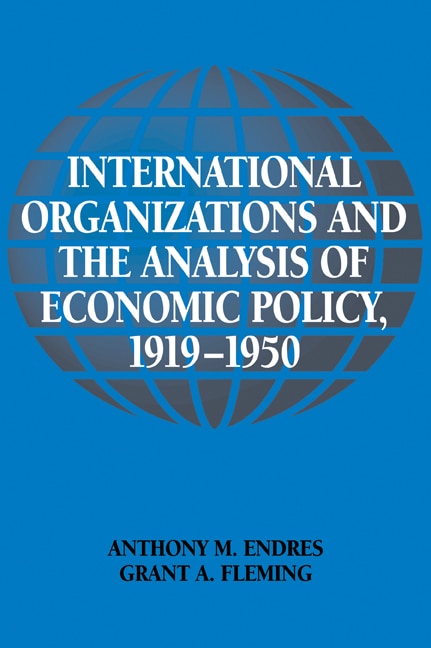
Gifting Made Simple
Give the Gift of ChoiceClick below to purchase a Bramalea City Centre eGift Card that can be used at participating retailers at Bramalea City Centre.Purchase HereHome
A Spatial Analysis of the Dimensions of Economic Health in the Southeastern United States (1950 and 1960) by Gerald Romsa, Paperback
Coles
Loading Inventory...
A Spatial Analysis of the Dimensions of Economic Health in the Southeastern United States (1950 and 1960) by Gerald Romsa, Paperback in Brampton, ON
From Gerald Romsa
Current price: $69.00
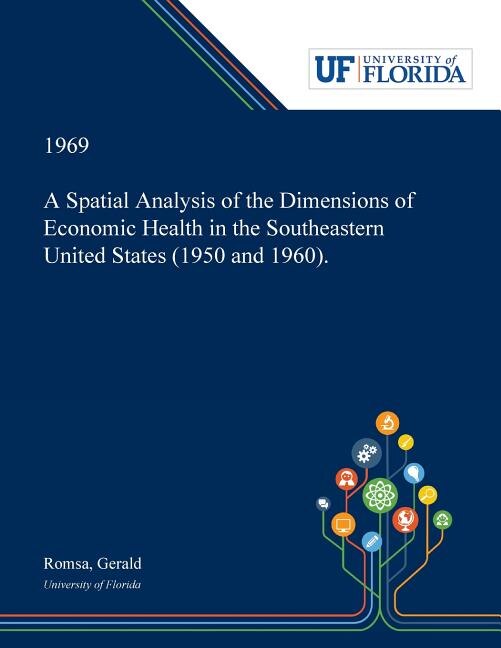
Coles
A Spatial Analysis of the Dimensions of Economic Health in the Southeastern United States (1950 and 1960) by Gerald Romsa, Paperback in Brampton, ON
From Gerald Romsa
Current price: $69.00
Loading Inventory...
Size: 0.24 x 11 x 0.62
*Product information may vary - to confirm product availability, pricing, and additional information please contact Coles
Abstract:The increasing attention given by geographers to the problems of poverty, economic health and underdeveloped areas is a healthy sign that they are progressing with the temporal needs of today's society. This concern with areal differentiation in economic growth and levels of economic well being is not a new geography. It is, instead, a more specialized topical outlook on the net result of economic activity as viewed in a spatial framework. This approach attempts to relate regional inequalities in levels of living with man's economic endeavours as they are tied to his cultural, technological and resource environment. The trend to look for factors other than resource endowment is perhaps the major criterion which separates present geographical research from previous regional studies..Ullman has pointed out that natural resources and cultural differences are not sufficient to explain the disparity in economic growth. Differences in social conditions and advances in technology often provide additional information in explaining the areal variation in prosperity. The inclusion of additional variables to explain this differential in economic growth has led to the use of multivariate statistical techniques as analytical tools. The usefulness of these techniques lies in their applicability in the analysis of large numbers of indices; in their isolation of significant variables and in the testing of hypotheses. These are important contributions when dealing with interrelated data. The realization by social scientists that the distribution of wealth and poverty is uneven has focused their attention on the need for more regional studies. National and state data often tend to hide small pockets of high deviation in levels of income. This has led to economic regionalization based on counties, and, where possible, smaller units. Spatial interaction is another geographic concept which is increasingly being realized as playing an important role in explaining the difference in levels of progress. This concept was introduced by Ullman and refined by Hagerstrand at Lund University. Hagerstrand used simulation models in an attempt to measure the degree of resistance that cultural and physical barriers imposed upon the acceptance of new ideas among contiguous areas in Sweden. Hartshorne points out that the comparison of economic growth among underdeveloped regions should be relative rather than concrete. A direct comparison between two culturally different regions may not show the disparity in economic achievement accurately unless the indices utilized are standardized to represent with less bias the contrasting cultural and political values. This also is true of temporal studies. Although this problem at present has not been resolved, studies within a similar cultural and political unit based upon certain multivariate techniques are feasible. Dissertation Discovery Company and University of Florida are dedicated to making scholarly works more discoverable and accessible throughout the world. This dissertation, A Spatial Analysis of the Dimensions of Economic Health in the Southeastern United States (1950 and 1960) by Gerald Harry Romsa, was obtained from University of Florida and is being sold with permission from the author. A digital copy of this work may also be found in the university's institutional repository, IR@UF. The content of this dissertation has not been altered in any way. We have altered the formatting in order to facilitate the ease of printing and reading of the dissertation. | A Spatial Analysis of the Dimensions of Economic Health in the Southeastern United States (1950 and 1960) by Gerald Romsa, Paperback
Abstract:The increasing attention given by geographers to the problems of poverty, economic health and underdeveloped areas is a healthy sign that they are progressing with the temporal needs of today's society. This concern with areal differentiation in economic growth and levels of economic well being is not a new geography. It is, instead, a more specialized topical outlook on the net result of economic activity as viewed in a spatial framework. This approach attempts to relate regional inequalities in levels of living with man's economic endeavours as they are tied to his cultural, technological and resource environment. The trend to look for factors other than resource endowment is perhaps the major criterion which separates present geographical research from previous regional studies..Ullman has pointed out that natural resources and cultural differences are not sufficient to explain the disparity in economic growth. Differences in social conditions and advances in technology often provide additional information in explaining the areal variation in prosperity. The inclusion of additional variables to explain this differential in economic growth has led to the use of multivariate statistical techniques as analytical tools. The usefulness of these techniques lies in their applicability in the analysis of large numbers of indices; in their isolation of significant variables and in the testing of hypotheses. These are important contributions when dealing with interrelated data. The realization by social scientists that the distribution of wealth and poverty is uneven has focused their attention on the need for more regional studies. National and state data often tend to hide small pockets of high deviation in levels of income. This has led to economic regionalization based on counties, and, where possible, smaller units. Spatial interaction is another geographic concept which is increasingly being realized as playing an important role in explaining the difference in levels of progress. This concept was introduced by Ullman and refined by Hagerstrand at Lund University. Hagerstrand used simulation models in an attempt to measure the degree of resistance that cultural and physical barriers imposed upon the acceptance of new ideas among contiguous areas in Sweden. Hartshorne points out that the comparison of economic growth among underdeveloped regions should be relative rather than concrete. A direct comparison between two culturally different regions may not show the disparity in economic achievement accurately unless the indices utilized are standardized to represent with less bias the contrasting cultural and political values. This also is true of temporal studies. Although this problem at present has not been resolved, studies within a similar cultural and political unit based upon certain multivariate techniques are feasible. Dissertation Discovery Company and University of Florida are dedicated to making scholarly works more discoverable and accessible throughout the world. This dissertation, A Spatial Analysis of the Dimensions of Economic Health in the Southeastern United States (1950 and 1960) by Gerald Harry Romsa, was obtained from University of Florida and is being sold with permission from the author. A digital copy of this work may also be found in the university's institutional repository, IR@UF. The content of this dissertation has not been altered in any way. We have altered the formatting in order to facilitate the ease of printing and reading of the dissertation. | A Spatial Analysis of the Dimensions of Economic Health in the Southeastern United States (1950 and 1960) by Gerald Romsa, Paperback



